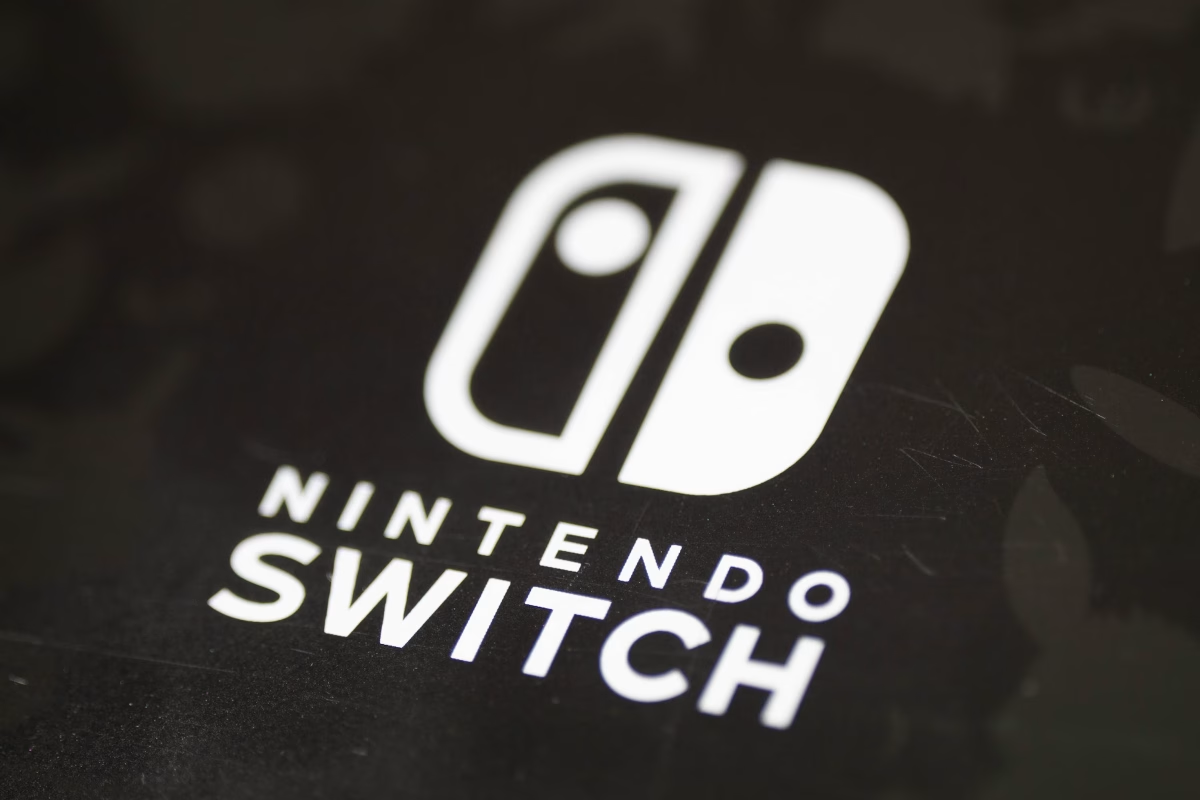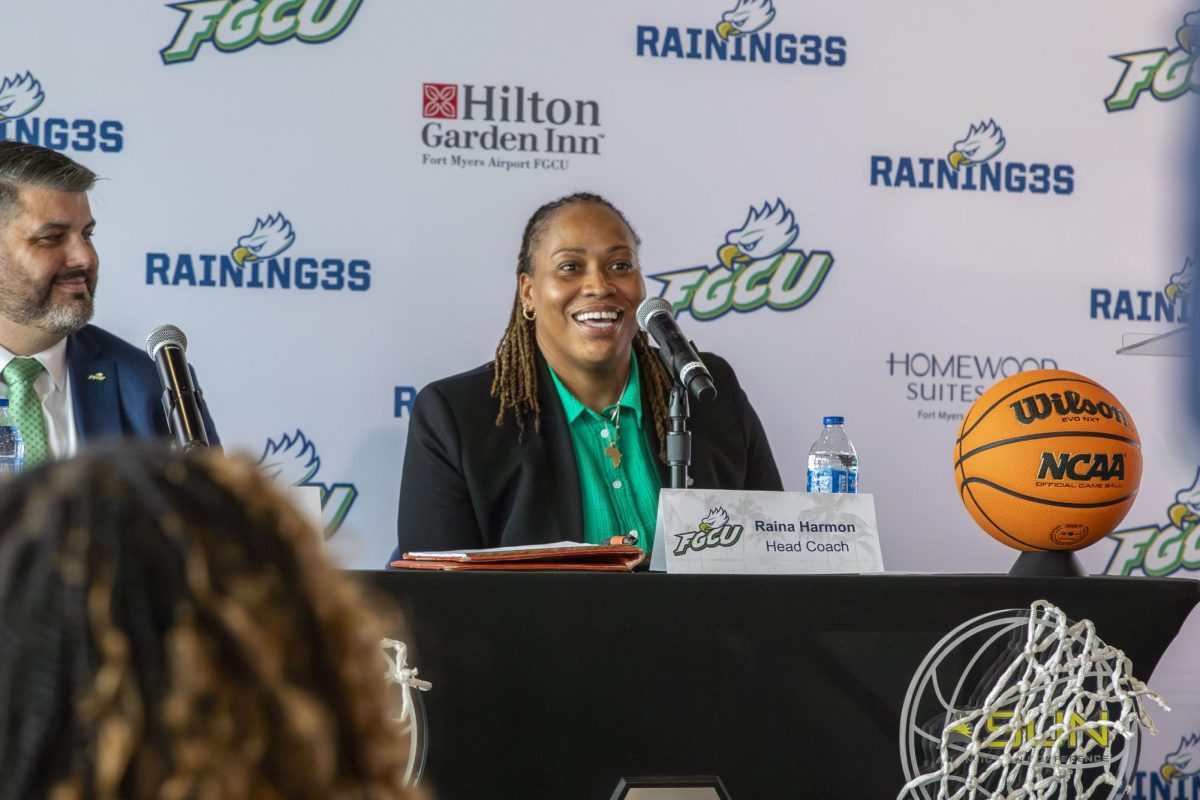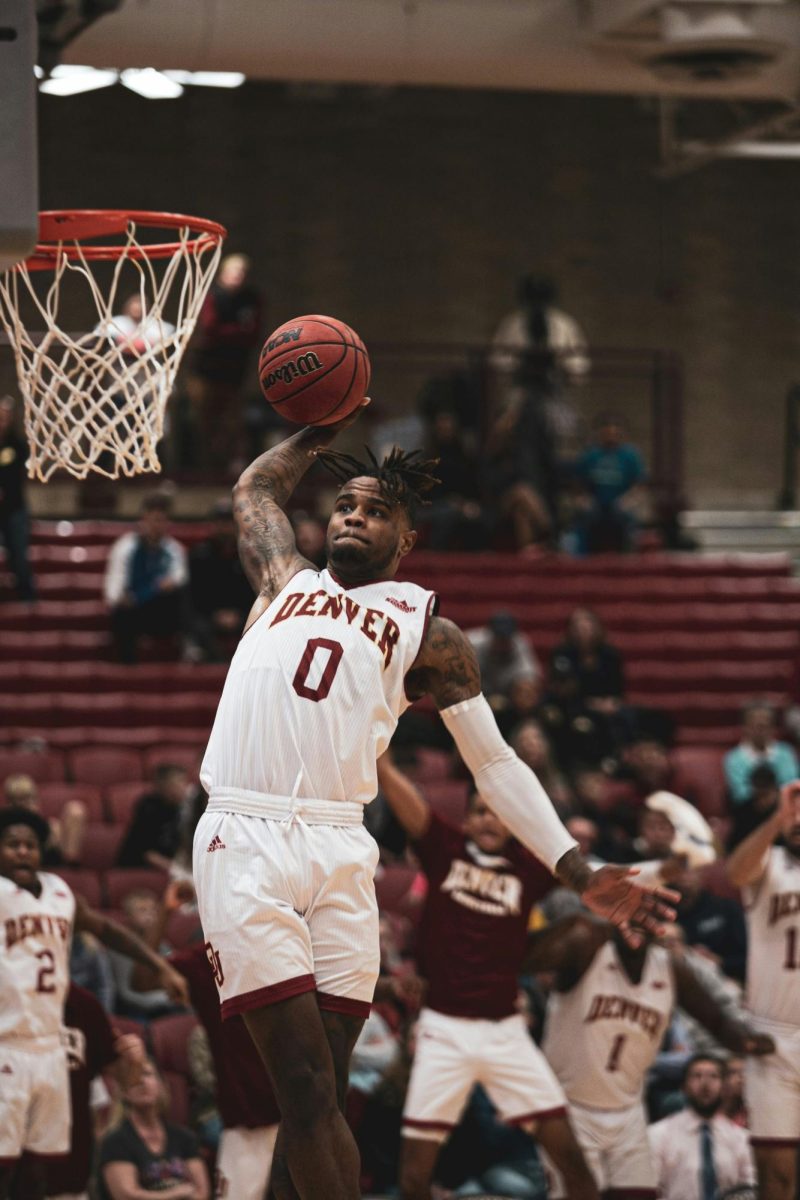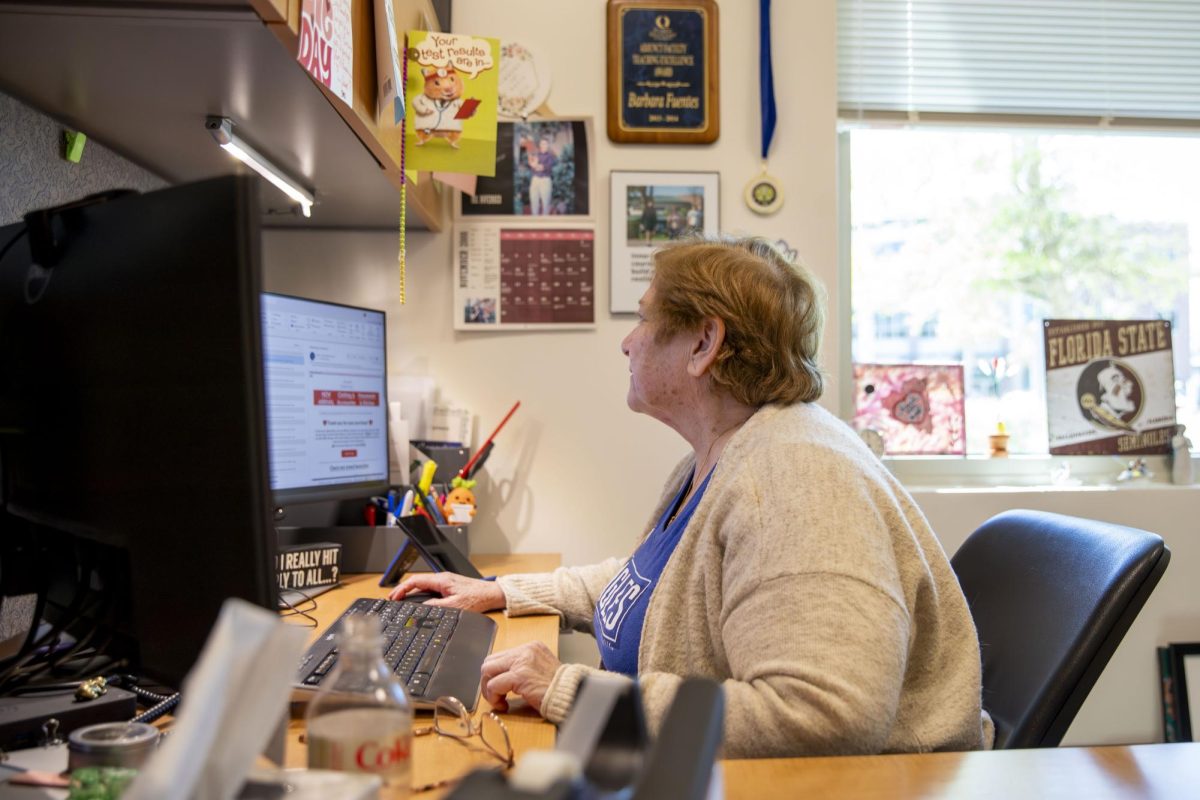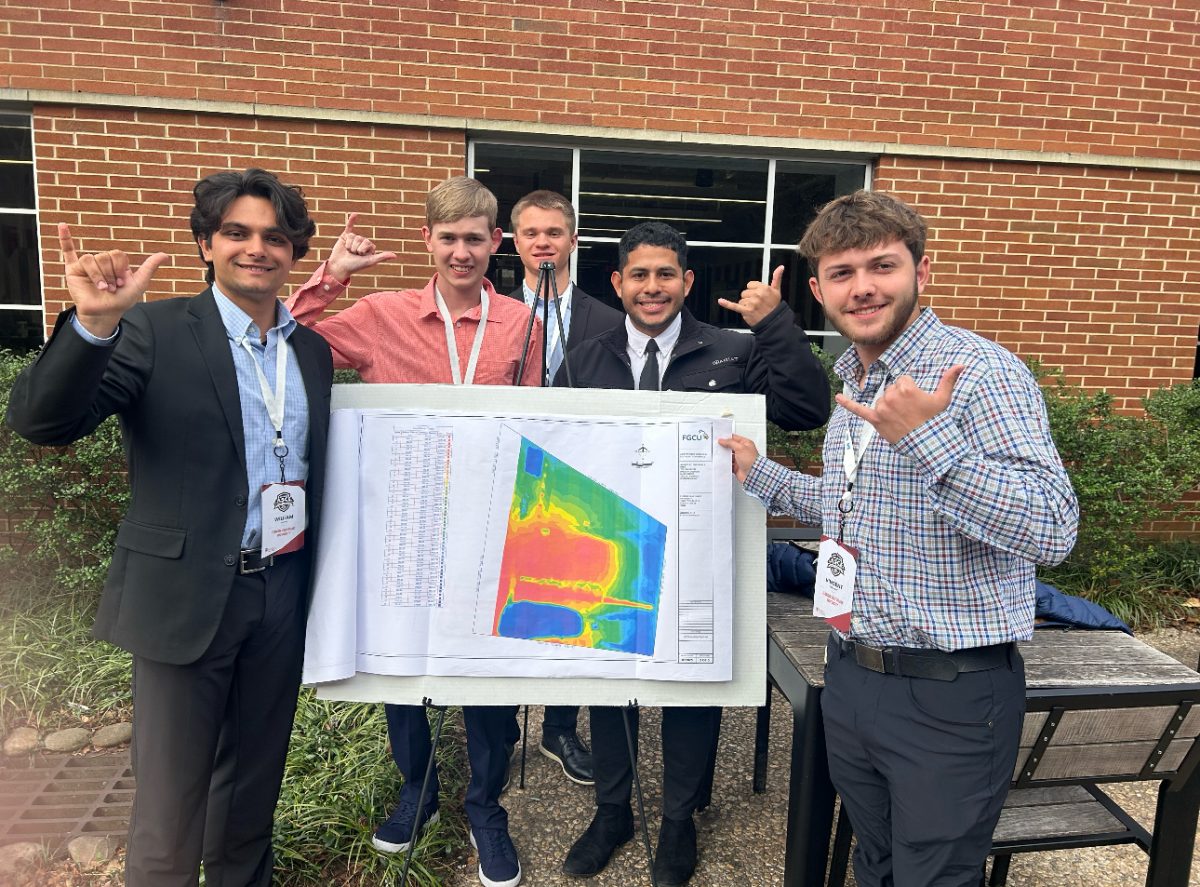Donald Trump was elected the 45th president of the United States by a slim margin on Tuesday after a tumultuous 2016 election season.
Trump makes history as the first nongovernmental nominee to be elected to the presidency, as the five exceptions — found in Zachary Taylor, Ulysses S. Grant, William Howard Taft, Herbert Hoover and Dwight D. Eisenhower — all had military experience or had been on a prior president’s cabinet before running.
Trump, 70, defeated the Democratic nominee, Sec. Hillary Rodham Clinton, and the Libertarian nominee, Gary Johnson.
Despite his controversial run and his ongoing battle with members of news media, Trump garnered the majority vote with 276 electoral votes at the time of publication, compared to Clinton’s 218 out of the 270 needed to clinch the presidency. Johnson trailed both with no electoral votes but 3 percent of the popular vote.
The former businessman made headlines since June 16, 2015, the day he first announced he would run for president, and after sharing the stage with 14 other Republican candidates, in debates or otherwise, Trump took the primaries in a party-wide upset, inciting outcries from many GOP leaders.
As of 2 a.m. Wednesday, Clinton decided not to give a concession speech, even as the results leaned inarguably in Trump’s favor, instead sending out her campaign chairman, John Podesta, to address the crowd at her headquarters.
“We will be back, and we’ll have more to say,” Podesta said. “Let’s get those votes counted, and let’s bring this home.”
However, at 2:40 a.m., news broke that Clinton had called Trump to concede the election.
At the time of publication, for the fifth time in U.S. history, it seemed a candidate would win the popular vote but not the election, as Clinton led by 137,209 votes.
Clinton fought to the very end. Much like her opponent, she exhausted her resources campaigning in swing states such as Florida, Colorado and Nevada for the last week, going as far as enlisting the help of her husband, former president Bill Clinton, and current president Barack Obama.
Trump’s appeal, as an outsider and as a no-nonsense guy who unashamedly speaks his mind, at the end of the day, kept voters’ attentions longer, especially in light of Clinton’s email scandal and the ongoing controversy surrounding the 2012 Benghazi attack.
“Hillary has worked very long and very hard over a long period of time, and we owe her a major debt of gratitude for her service to our country,” Trump said. “I mean that very sincerely.”
Coming into Election Day, perhaps no one was as doubtful about the possibility of a Trump victory as his own campaign.
A senior adviser to Trump’s campaign spoke to CNN’s senior White House correspondent, Jim Acosta, Tuesday evening.
“It will take a miracle for us to win,” the adviser told Acosta, adding that Trump was “in such a deep hole after the release of the Access Hollywood tape, it was viewed inside the campaign that he was going to lose by a wide margin.”
After officially becoming the president-elect after Clinton’s phone call, Trump addressed the crowd at his campaign headquarters in New York City.
“Now, it’s time for America to bind the wounds of division; we have to get together,” Trump said. “To all Republicans and Democrats and Independents across this nation, I say it is time for us to come together as one united people.”
Clinton chose to give her concession speech at 11:45 a.m. in New York City.
“We have seen that our nation is more deeply divided than we thought,” Clinton said. “But, I still believe in America, and I always will. And if you do, we must accept this result. Donald Trump is going to be our president. We owe him an open mind and the chance to lead.”

